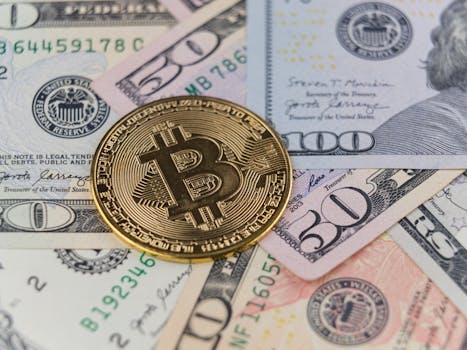The latest trend in economic updates revolves around the concept of inflation and its impact on the global economy. Inflation refers to the general increase in prices of goods and services over time, resulting in a decrease in the purchasing power of a currency. This phenomenon is currently a hot topic in economic discussions as many countries are experiencing a surge in inflation rates due to various factors such as supply chain disruptions, labor shortages, and increased consumer demand.
One of the major concerns about rising inflation is its potential to erode the value of savings and investments. As prices rise, the purchasing power of a currency decreases, leading to a decrease in the real value of assets held in that currency. This can have a significant impact on individuals, businesses, and even governments, as it can lead to higher borrowing costs, reduced consumer spending, and a decrease in overall economic growth.
Furthermore, inflation can also lead to income inequality, as those on fixed incomes or with limited access to resources may struggle to keep up with the rising cost of living. This can exacerbate existing disparities in wealth and opportunity, further dividing society along economic lines. In response to these concerns, many central banks have started to consider tightening monetary policy to curb inflation and stabilize prices, even if it means sacrificing some economic growth in the short term.
Overall, the current trend of rising inflation rates is a complex issue that requires careful consideration and proactive measures from policymakers around the world. By closely monitoring economic indicators, implementing targeted policies, and promoting financial literacy among the public, countries can better navigate the challenges posed by inflation and ensure a more stable and prosperous economic future for all.

Leave a Reply